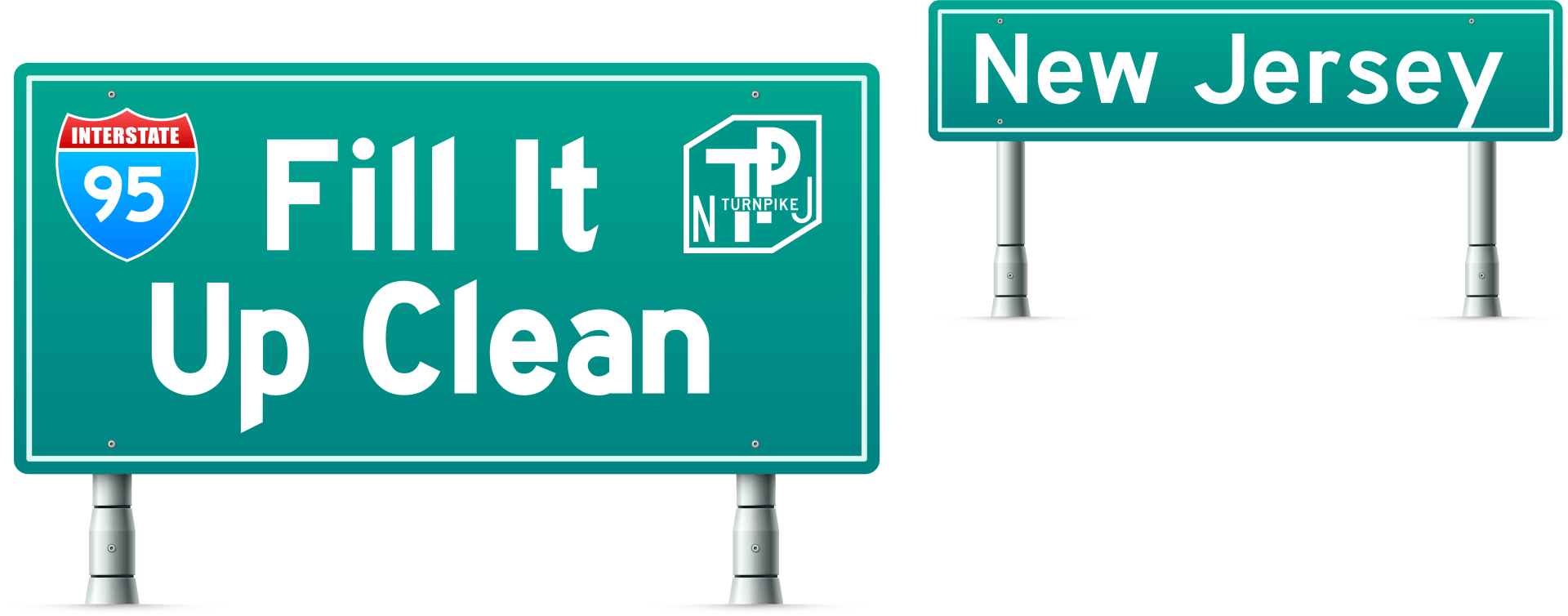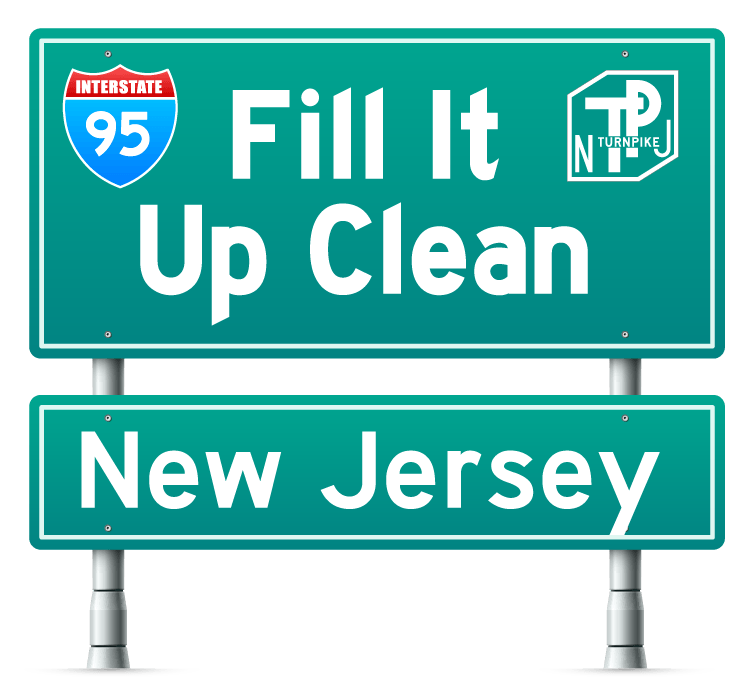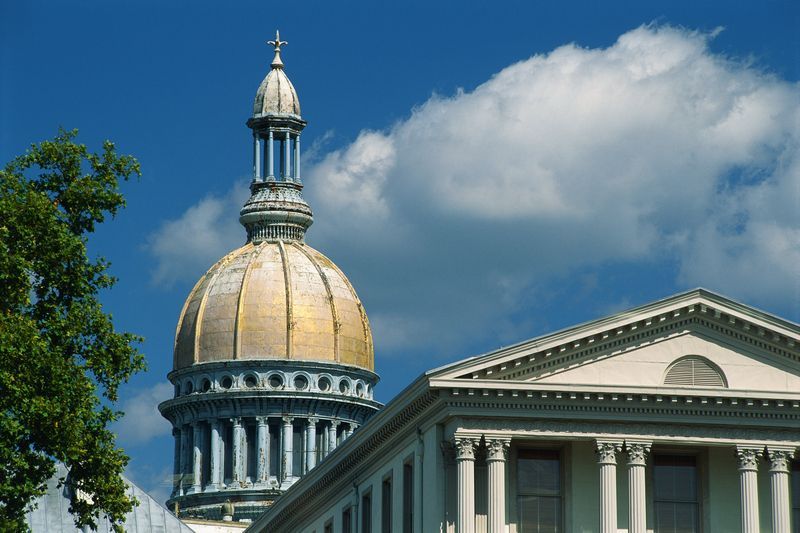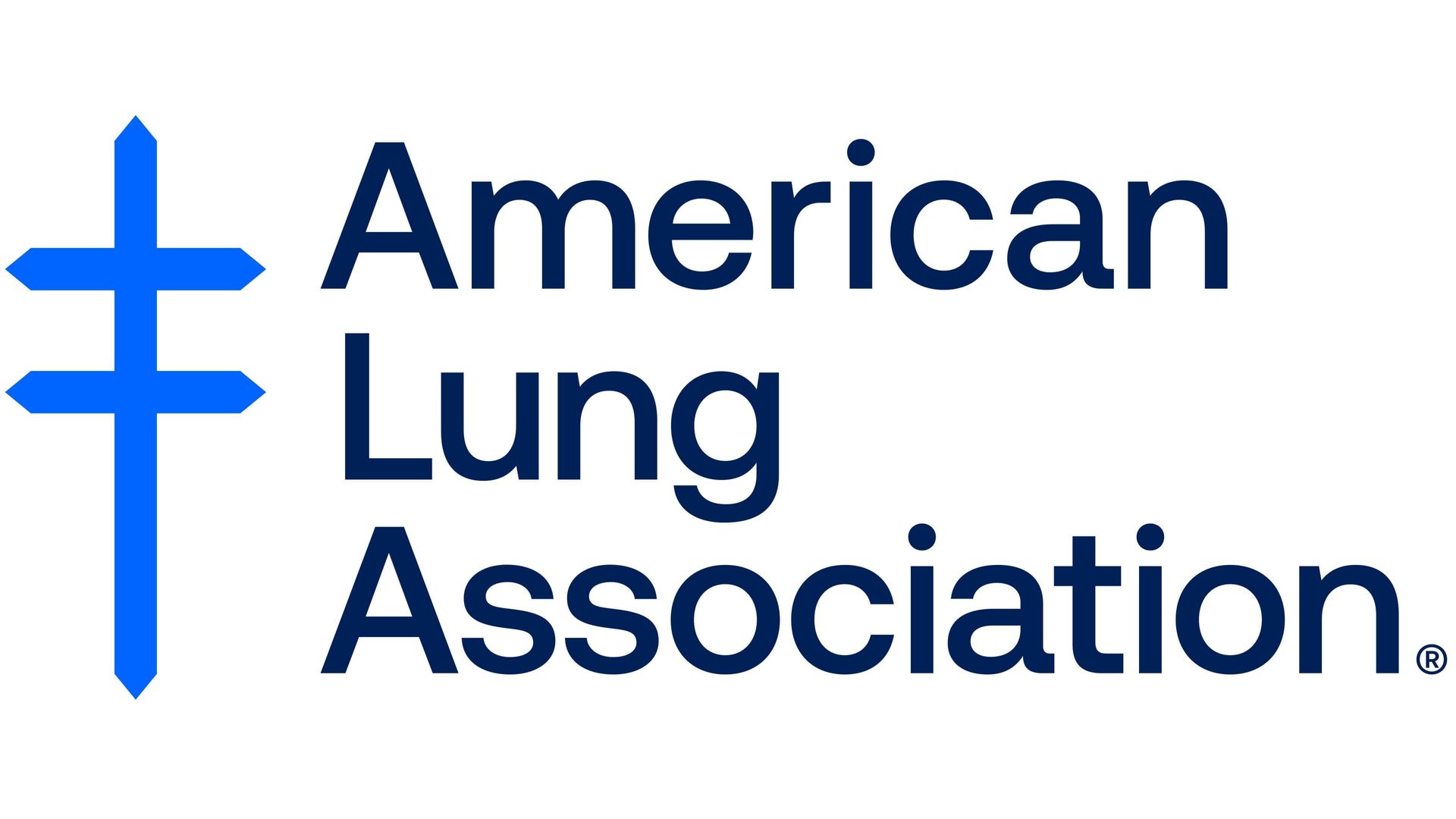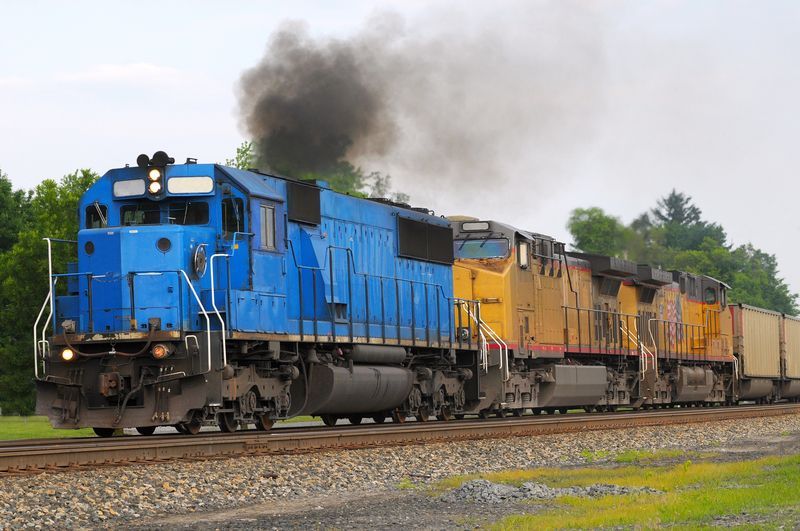Clean Fuels Give Our Kids A Healthier Ride To School
The Fuel In Our School Buses Is Harming New Jersey's Kids

As parents and community members, we're constantly seeking ways to ensure our children's health and safety. One area that's recently come into the spotlight is the environmental impact of school buses and their health effects on our children.
Hidden Health Costs of New Jersey School Buses
Every day, hundreds of thousands of New Jersey's parents send their children to school via bus expecting a safe environment, but studies show diesel exhaust from those buses contains a mix of air pollutants that are classified as human carcinogens.
Of New Jersey’s 21,700 registered school buses, 99% run on fossil fuels, specifically diesel. All of that diesel exhaust contains fine particles (PM2.5) that penetrate deep into the lungs and can exacerbate asthma, reduce lung function, and increase the risk of respiratory infections.
The average school bus in New Jersey travels 12,000 miles per year, which, based on average speeds, translates to about 343 hours of road time annually. For students who ride the bus 90% of the time, this means 308 hours a year spent inhaling diesel emissions! Over the course of an entire K-12 career, a child who rides the bus to school is exposed to 3,700 hours of diesel emissions that are harmful to brain development and educational outcomes.
The impacts of school bus pollution don’t just impact the kids who ride them. In New Jersey, school bus emissions pump 437,823 Metric Tons of CO2 annually into the air. That’s the equivalent of burning 2,414 railcars’ worth of coal.
The Case for Cleaner Fuels In New Jersey
Our kids don’t have to wait in a cloud of pollution. Every school bus in the state could switch to clean fuels recycled from cooking oil, fats, grease, food waste, farm waste, and forest waste TODAY and run up to 80 percent cleaner. Electric buses will be a step forward too, but that will take years or decades to implement.
Why the urgency? Exposure to PM2.5 on school buses are 5-6 times greater than the ambient levels New Jerseyans breathe.
A Path Forward For Cleaner Transportation Fuel In NJ
What’s standing in the way of healthier minds and bodies? Big Oil’s monopoly over our gas tanks.
Car, truck, and bus drivers have been forced to use fuel that pollutes our air and drives increasingly powerful hurricanes for over 100 years.
Fortunately, New Jersey’s legislature recently introduced clean fuel legislation, aligning the interests of parents and schools with the desire to see every child show up to school ready to learn.
The clean fuel standard (CFS) gives drivers the choice of more sustainable, price-competitive fuel at the pump by forcing oil companies to compete with greener gas and diesel on a level playing field.
The CFS is already credited with reducing air pollution in three West Coast states and is responsible for replacing 60% of all fossil fuel diesel in California with renewable diesel.
No parent would willingly send their child to a school laden with toxins, so why would we continue to let our kids inhale fossil fuel fumes from the buses that take them to school? Let’s make the wheels on the bus go round and round with cleaner fuel.
